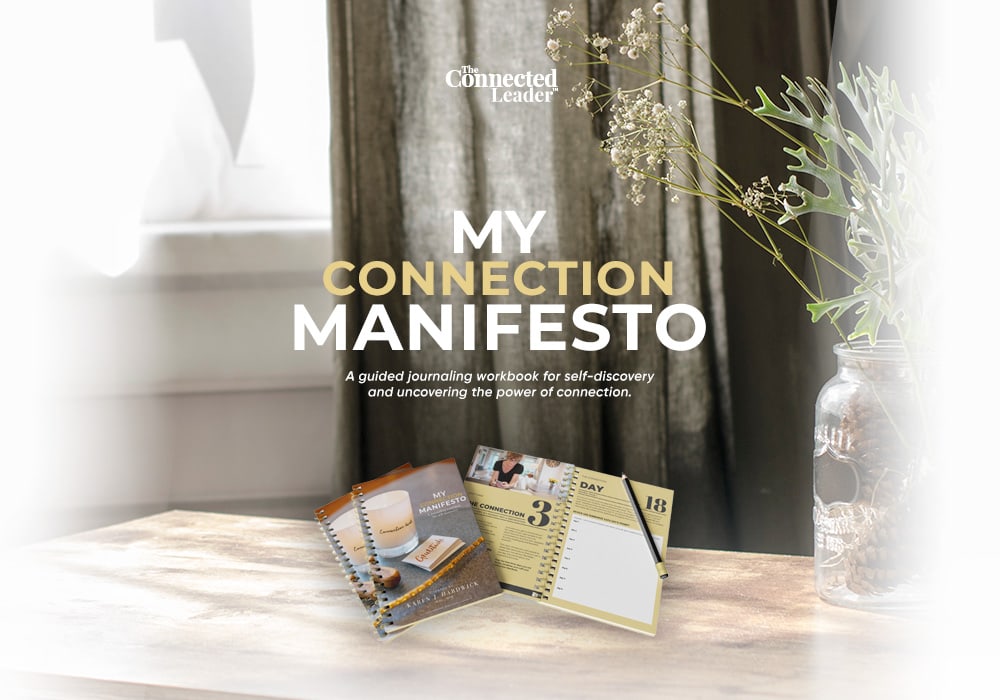No matter how smart, well-intentioned, and experienced we are, we make huge, bone head, and costly mistakes. As leaders, these mistakes are painful because they impact not only us, but also those we love and lead.
Find & Embrace Mistakes
Mistakes suck. But in them, we find – if we stick around long enough to be humble and learn – the truth about ourselves. And this emotional truth leads us to lean into resilience, optimism, and courage instead of falling into the traps of ego, resentment, and bitterness.
These traps entangle us and grow like wildfires, burning, most severely, ourselves. Can you say “Amen” to any of that? I can … to all of it … including the insanity of making the same mistake over and over again.
Trapped By My Mistakes
My mistake is that sometimes I look for connection in the wrong places. I run to connection so strongly that I can sometimes ignore warning signs and wind up trusting some people who are not able to be trustworthy, or empathic, or both. It is enough of a pattern for me that I am being more intentional now. I am clearer on why I sometimes trust the wrong people so easily, what I am looking for when I do, and how I can be vulnerable yet wise and discerning. As with so much of who we are, it is rooted in childhood for me: trusting, betrayal, and going back for more in the hope that “this” time it will magically change.
These long-standing emotional reflexes ensnare the best of us because they aren’t rooted in our intellect but rather our pain and trauma… We repeat what we need to feel and heal.
Becoming Unburdened By Mistakes
A client of mine gathered his team. He talked to them about how he repeatedly made the same mistake, allowing some team members to come to him and talk about others with whom they were having difficulty. The mistake had created a culture marked by gossip and indirect communication. He owned it; he shared how he was the go-to in his childhood family when people were in conflict with others, and that talking about people instead of to them was rooted in his DNA and needed healing.
With his team’s participation, he created guidelines so they could begin the hard work of being respectful and direct. Their engagement scores rose. They became a magnet for the best talent. They practiced the art of connection. They moved away from behaviors of deflection and enjoyed more success as a healthy, higher-performing team.
Do yourself a favor as quickly as you can. Stop running from your mistakes, and start seeing them as loving messages.
Find guides who can compassionately and directly speak to you about your flaws and who help you to grow. These folks will help you channel Honesty, Openness, and Willingness, followed by the only chaser worth the burn: Humility.
I have a few people willing to help me learn from my mistakes. I live with one: my eighteen-year-old son.
May he always be this honest – God bless him – yet I do need a break sometimes since he was just five years old when he first asked me if he could tell me what I needed to work on. That is 13 solid years of feedback and Lord have mercy that is a whole lot. Yet, God does have a wicked sense of humor.
Here are three gifts embedded in addressing our mistakes:
- We live and lead more easily and consistently. We are no longer caught in the trap of repeat offenses: doing the same thing over and over and expecting a different result;
- Our relationships at work and home become defined by empathy and accountability… Acknowledging our mistakes allows us to show up with more grace and clear guidelines;
- We understand that we get what we tolerate … from ourselves (and others). If we want something different, we have to embrace our mistakes, learn from them, and bravely pivot. It ain’t easy.
Leaders who acknowledge mistakes have true courage – they lead from a place of resilience and grit, grace and clarity. May you find these leaders, and may you be this leader.
Connection Tip: Susan Packard, my friend and fellow believer in the power of connection and self-discovery, has written a marvelous book called Fully Human: 3 Steps to Grow Your Emotional Fitness in Work, Leadership, and Life. She was co-founder of HGTV and knows firsthand how hope, empathy, and trust are emotional game-changers at work. Buy her book … read it … keep it nearby … and share it. Her writing will guide you to balance power and grace, resilience and toughness as you open up, change, and ask for help.


